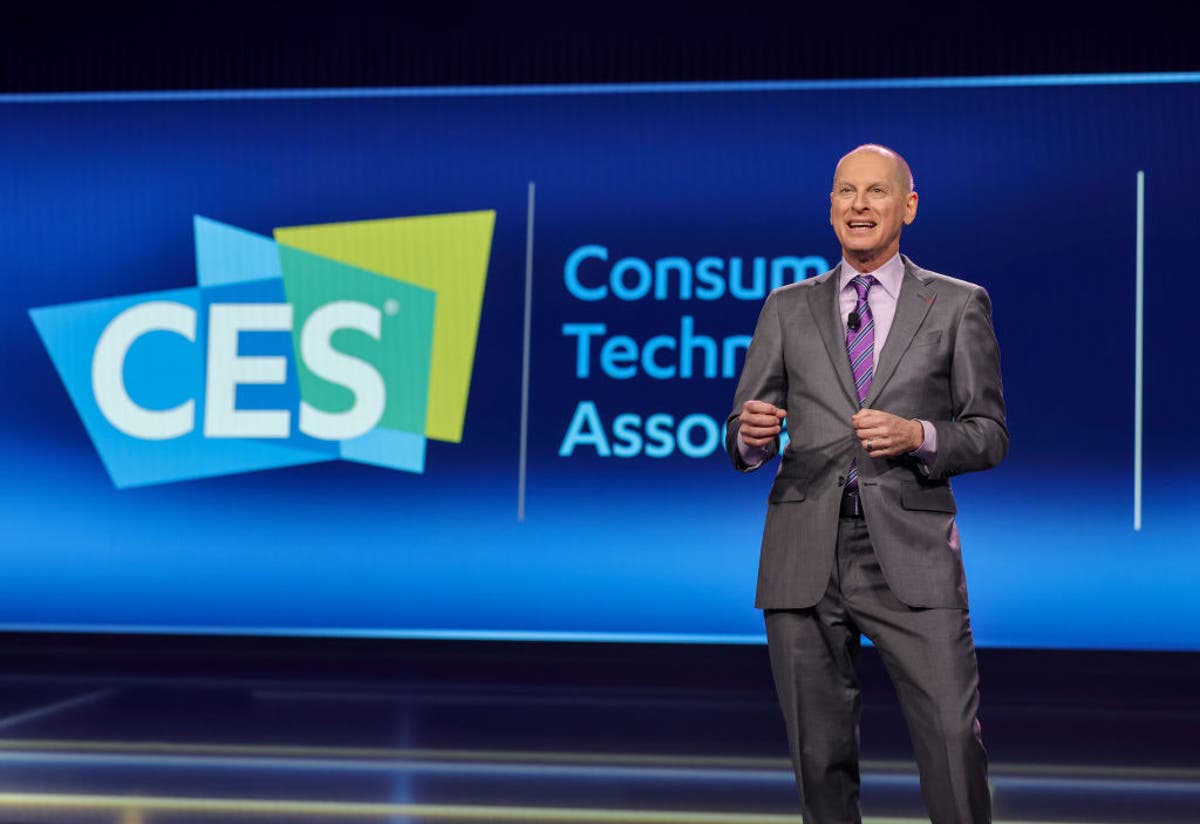CES executives project a positive impact of AI on the job market, arguing that the technology will augment, not replace, human workers. While some critics fear widespread job displacement, industry leaders envision a future where AI streamlines tasks, freeing humans for more complex and fulfilling roles.
The recent Consumer Electronics Show (CES) showcased a plethora of AI-powered products and services. Despite concerns about automation, industry figures like Gary Shapiro, CEO of the Consumer Technology Association, highlight the potential for AI to alleviate repetitive tasks, boosting productivity and improving overall well-being. He emphasized that new jobs will emerge alongside the reshaping of existing industries, necessitating a shift in skills and expertise.
Shapiro, speaking to PA news, pointed to the automotive sector as a prime example. The rise of self-driving technology (a form of generative AI) necessitates new roles in creating and maintaining autonomous vehicles and associated services. This shift implies that leisure time will increase alongside opportunities for new business models and entrepreneurial endeavors.
OpenAI's Sam Altman echoed this sentiment, expressing confidence that advanced AI could enter the workforce this year, potentially driving significant productivity gains for companies. At CES, AI was also demonstrated in its potential to streamline household tasks and improve functionality of existing devices, as exemplified by Samsung's integration of AI into its smart home and mobile offerings.
Deborah Honig, Samsung UK's chief customer officer, emphasized AI's role in enhancing, rather than replacing, human labor. She highlighted AI's potential to alleviate routine tasks, thereby creating more balanced work-life structures, especially for women and younger professionals. This enhanced efficiency could significantly benefit businesses of all sizes, empowering entrepreneurs and fostering inclusivity in the workforce.
In conclusion, the prevailing view at CES is that AI will significantly reshape the job market but ultimately empower individuals through improved efficiency and expanded opportunities.







